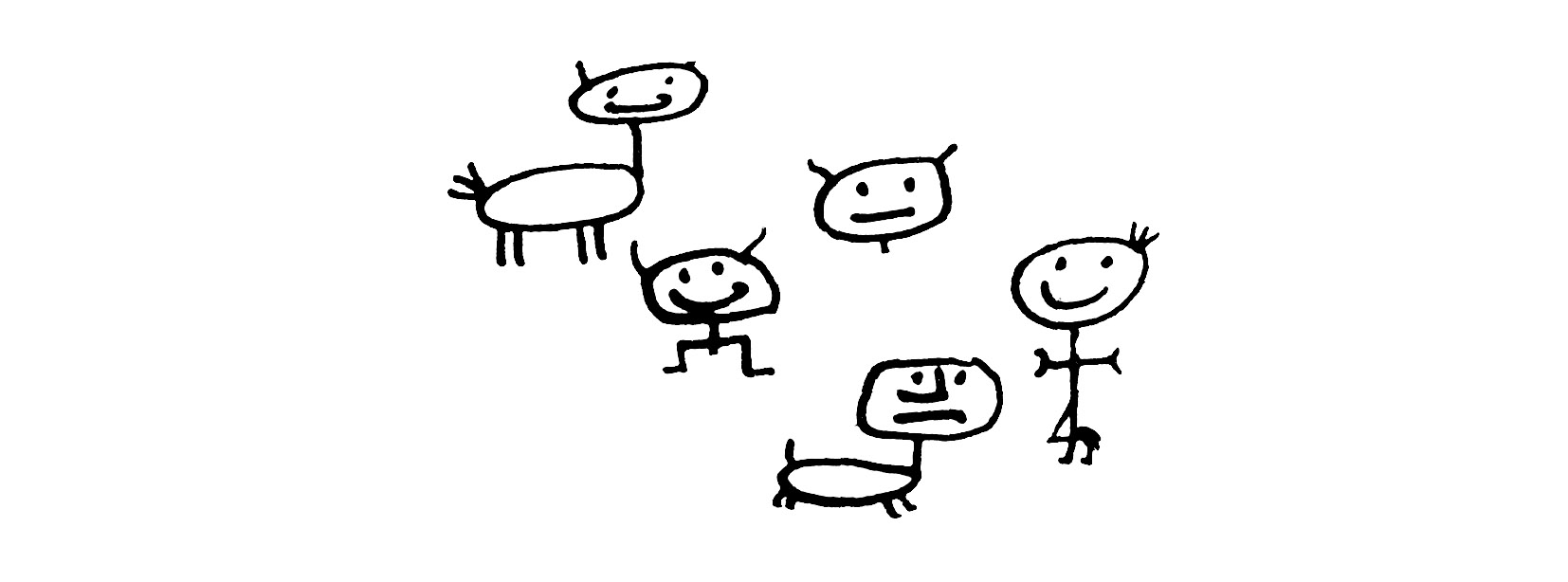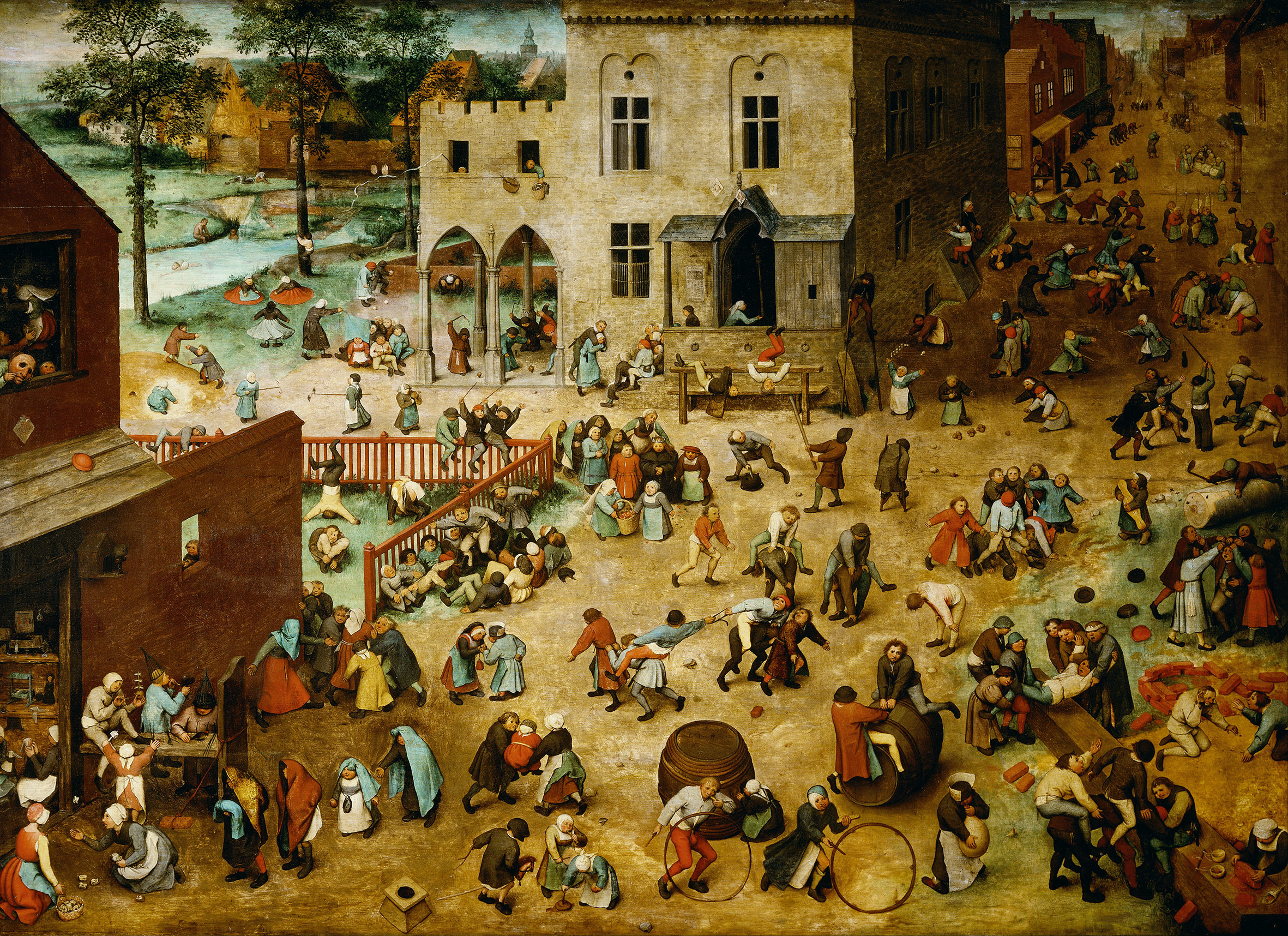I’m a member of Generation Z, the people born between 1995 and 2010. It’s very difficult to describe us, either as a generation or in terms of the times that shaped us, because we don’t have enough distance from them yet – they’re still going on. But one thing is certain: they’re stormy times. The world we’re growing up in is disturbing. Our youth passed by in the shadow of 9/11 and its consequences, meaning the broadly-understood American war on terror, and the wars in Iraq and Afghanistan. Immediately afterwards came the 2008 economic crisis, and as teenagers we encountered the migration crisis.
I’m not writing all of this to complain; I only want to show that the reality we’re living in is completely different from that of our parents. It turns out that there is no way the world can be divided into the good guys from the West and the bad guys from the East, because each side definitely has something on their conscience. And recently we’ve come to realize that the big corporations and banks don’t really have our best interests at heart. Politicians are more concerned with their power games, rather than carrying out the will of the people. In a word, the world we were brought up in made us the first truly postmodern generation. One of the most important attributes of postmodernism is the loss of faith in progress, in the idea that the world is getting better year by year. And that seems to be the main reason why we’re able to get so engaged in the climate fight. Because, after all, anthropogenic changes in the Earth’s climate are showing precisely the opposite tendency: it’s getting worse year by year, truly worse.










